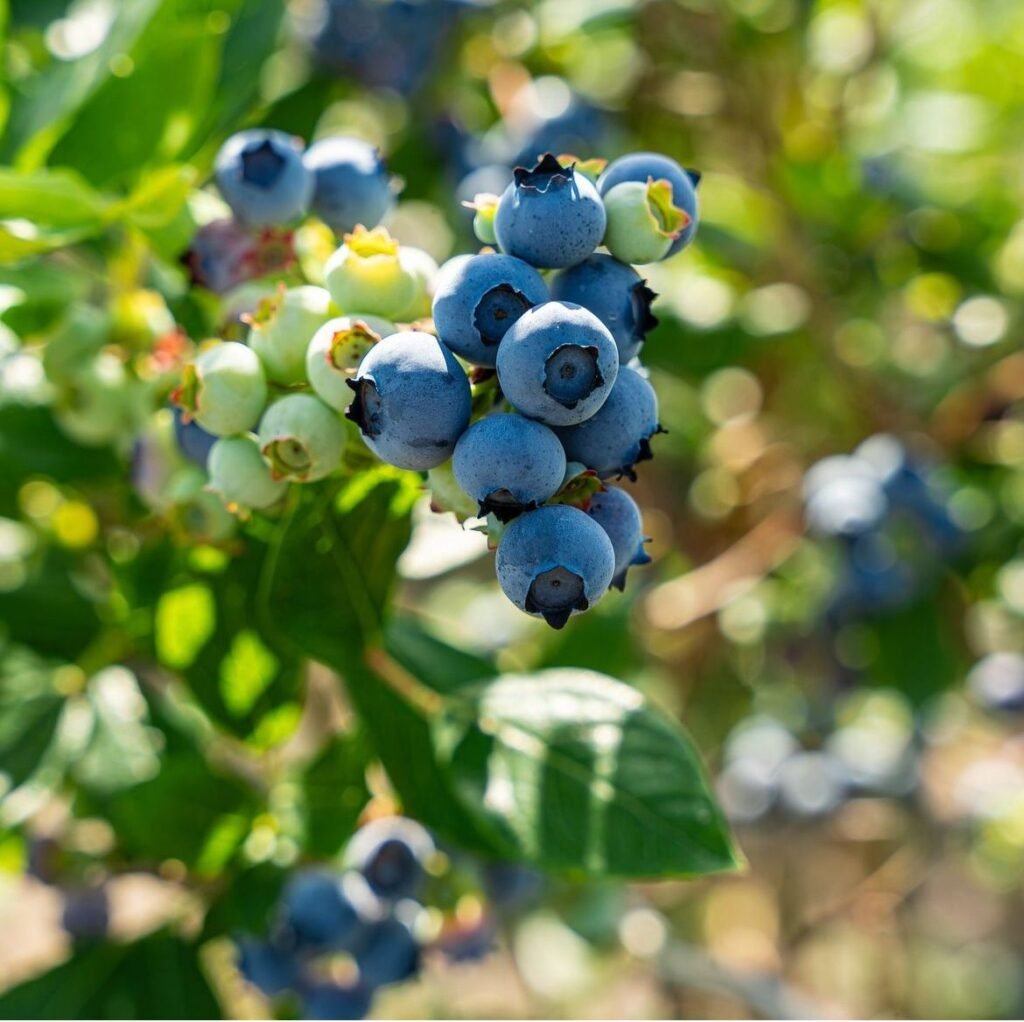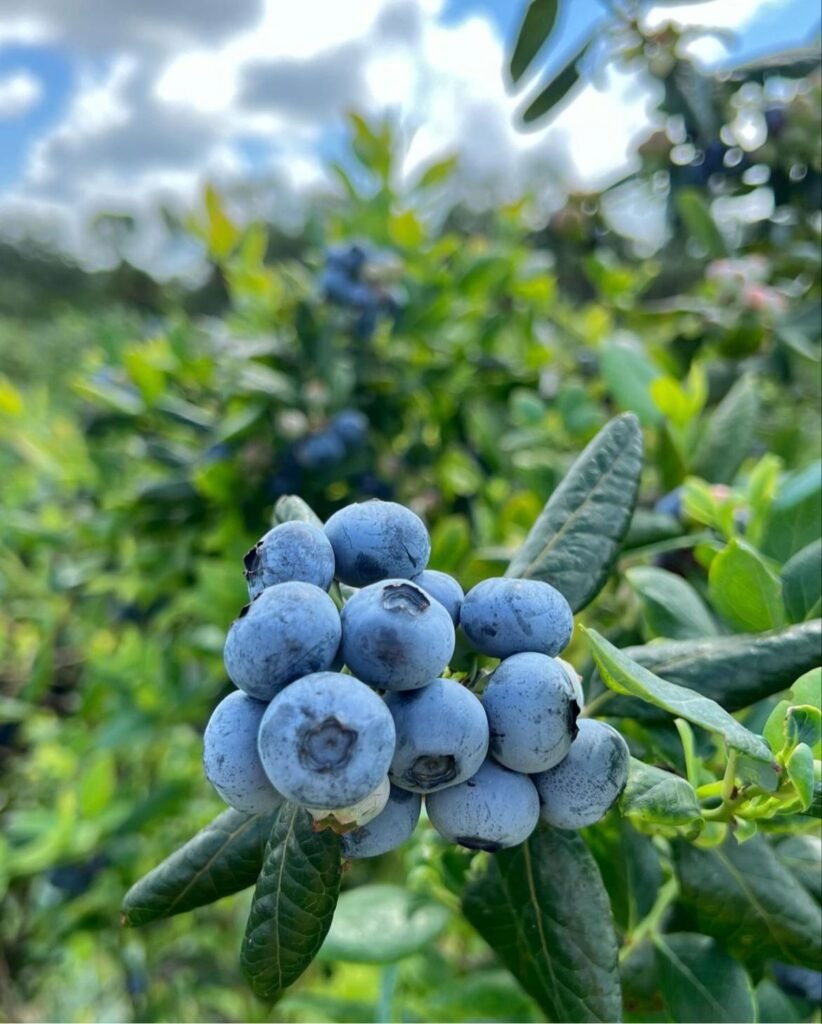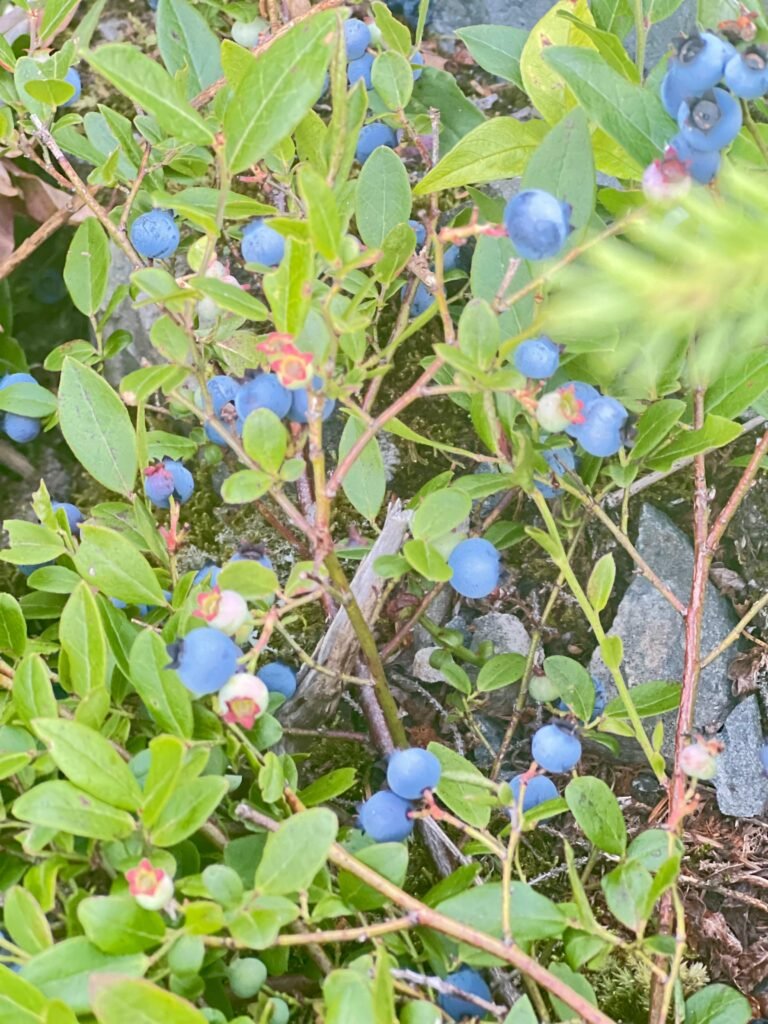
Introduction
The Wild blueberries from Atlantic Canada are considered one of the superfoods of the world due to their numerous health benefits and nutrient density. Wild blueberries in Atlantic Canada are primarily found in the following regions:
- Nova Scotia: Particularly in the Annapolis Valley and the southwestern parts of the province.
- New Brunswick: Especially in the central and eastern regions, including areas around the Miramichi and the Acadian Peninsula.
- Prince Edward Island: Wild blueberries are grown across the island, benefiting from its fertile soil.
- Newfoundland and Labrador: While less common than in other Atlantic provinces, wild blueberries can be found in certain areas, particularly in parts of Newfoundland.
These regions provide the ideal conditions for wild blueberries to thrive, including acidic soils, cool temperatures, and a suitable climate.
***The Best time to pick wild blueberries in Atlantic Canada is from Late July to Mid August *** Depending on Weather
Common Types of Blueberry in Atlantic Canada
Highbush Blueberries or Cultivated Blueberries: Best for cooler climates. Commonly grown in the northern United States (Maine) and Canada.

Lowbush Blueberries: Native to the northeastern United States and eastern Canada. Typically smaller and grow closer to the ground. Often used for commercial production.

Wild Blueberries

- Refers to naturally occurring blueberry plants, often lowbush species.
- Known for their intense flavor and are typically smaller.
- Common in Maine and eastern Canada.
Why are wild Blueberries called superfood?
Because these berries are rich in antioxidants, vitamins, and minerals. Here are some reasons why they are considered a superfood:

High Antioxidant Content: Wild blueberries have a high level of antioxidants, particularly anthocyanins, which give them their deep blue color. These antioxidants help combat oxidative stress and may reduce the risk of chronic diseases such as heart disease and cancer.
Nutrient-Rich: They are packed with essential nutrients, including vitamins C and K, fiber, and manganese. These nutrients are vital for maintaining overall health, supporting the immune system, and promoting bone health.
Anti-Inflammatory Properties: The compounds in wild blueberries have anti-inflammatory effects, which can help reduce inflammation in the body and lower the risk of inflammatory-related conditions such as arthritis.
Cognitive Benefits: Research suggests that the antioxidants in wild blueberries can improve brain function and may help protect against age-related cognitive decline and neurodegenerative diseases like Alzheimer’s.
Low in Calories: Wild blueberries are low in calories but high in nutrients, making them an excellent choice for those looking to maintain a healthy weight while still getting a nutrient-dense food source.
Heart Health: Consuming wild blueberries can contribute to heart health by lowering blood pressure, reducing LDL cholesterol levels, and improving the function of blood vessels.
Blood Sugar Regulation: The fiber and anthocyanins in wild blueberries can help regulate blood sugar levels, making them a good option for individuals with diabetes or those looking to prevent the condition.
Conclusion
Blueberries are not only delicious but also packed with numerous health benefits, making them a popular choice for a healthy diet. In Atlantic Canada, wild blueberries are not only a significant part of the local diet but also an important agricultural product, supporting the local economy and promoting sustainable farming practices. Blueberries are not only delicious but also packed with numerous health benefits, making them a popular choice for a healthy diet.
“Blueberries are the quintessential superfood: small but mighty, packed with nutrients that can boost your health and delight your taste buds.”
